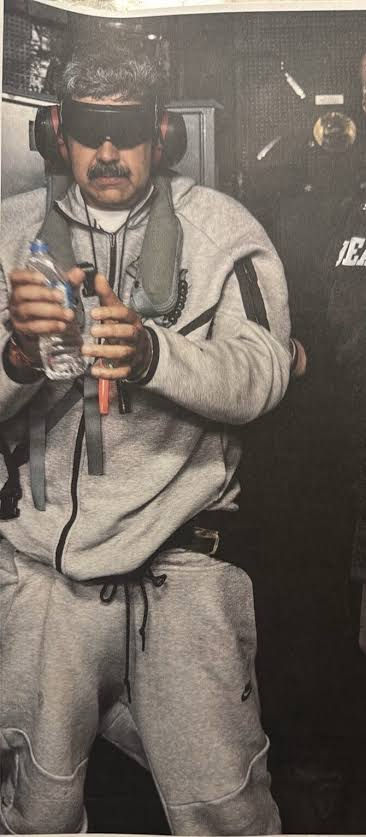The crisis in Sri Lanka
- Sebastian Palacios.

- Apr 22, 2022
- 3 min read
Updated: Apr 23, 2022

Sri Lanka is experiencing a social emergency due to the acute economic crisis that has exploded in this multi-ethnic island state of 22 million inhabitants with a Buddhist majority and located to the south of India. Throughout the month of April, there have been massive violent protests calling for the government to resign, which responded by blocking social media and imposing a curfew, although this has not worked at all to stop the clashes.
The disturbances started because the Central Bank began to run out of international reserves in the last year, so the government took the drastic decision to severely limit the import of some products, thus causing a generalized situation of scarcity. The inflation lies now at around 50% and the value of local rupee against the dollar has decreased by 60% during the last two months.
On the street level, constant electricity cuts last more than 12 hours and queues at service stations can take five hours due to the general lack of fuel. A big part of the population has been forced to reduce the number of consumed meals per day, businesses have had to close due to the shortages, public transport has been considerably reduced and the lack of medicines has caused health services to have been suspended.
How did Sri Lanka ended up in this situation?
• After winning a 26-year long civil war against the Tamil Tigers separatists, the government began to borrow huge quantities of money to finance inefficient public projects, turned to the domestic market instead of exporting, and bet on tourism to have a significant income of foreign currencies to pay this debt.
• In the short term, this strategy worked. GDP per capita doubled to $4,000 in just 5 years, surpassing countries like Ukraine and Indonesia. After this, Sri Lanka was classified as a middle-high income country and millions of people were lifted out of poverty.
• Problems began to appear as the debt tripled during the same period to reach 120% of GDP, and several Islamic terrorist attacks in busy areas began to push away international tourism.
• The current president, Gotayaba Rajapaksa, won the elections in 2019 with a right-wing nationalist political platform, significantly lowering taxes for the entire country believing that this would help to boost the economy. It turned out that the fiscal deficit got worse, and because the Central Bank had a monetary policy of keeping a rigid exchange rate against the dollar, a lot of international reserves vanished.
• The pandemic made that the flow of tourists halted completely, and thus left the country without an annual income of 6 billion dollars, an amount equivalent to 50% of its trade deficit. In addition to that, the pandemic also damaged the operation of global production and supply chains, resulting in shortages and widespread price increases. • The president took the decision to prevent the importation of even more products, such as industrial fertilizers, while the government was telling the farmers to instead "use organic fertilizers". The result of this was that local products became very difficult to produce, and the government had to resort to importing even more agricultural products, thus increasing the problems of debt and depletion of international reserves.
• The start of the war in Ukraine caused the cost of imported products, such as fuel and wheat, to rise sharply, further aggravating Sri Lanka's fiscal and current accounts. Because of this, at the beginning of 2022 the government was allocating 70% of its budget only to pay the interest on its debt with national and international creditors Facing this difficult macroeconomic situation, Sri Lanka switched this year to a flexible exchange rate policy and restricted the import of "absolutely non-essential" products, such as milk, oranges and industrial products. The government has also announced that it will not be able to pay the debt it owes to its creditors, so it is possible that a bailout from the International Monetary Fund could come any time soon. Thousands of people have been arrested and almost all ministers have been forced to resign, thus precipitating a political crisis that is still far from being resolved.










Comments